If you’ve ever stepped inside a confectionery production facility, you know that every gram of fat counts. From the silky finish of a chocolate coating to the melt-in-mouth experience of a truffle, the choice of fat determines quality, stability, and cost. Among these options, raw cocoa butter substitute (CBS) has carved a niche for itself—not as a compromise, but as a smart, engineered solution for today’s industrial chocolate production.
The answer lies in understanding the science, sourcing, and strategic use of raw cocoa butter substitutes, a field that has evolved far beyond simple cost reduction.
What Is Raw Cocoa Butter Substitute (CBS)?
In the simplest terms, a cocoa butter substitute is a type of fat designed to mimic the physical and sensory properties of natural cocoa butter—without being chemically identical to it.
Raw CBS is typically derived from non-lauric vegetable fats such as palm kernel oil, sal fat, or shea butter, which are processed and refined to match cocoa butter’s crystalline structure and melting profile.
In industrial settings, “raw” refers to the unformulated, bulk ingredient—the base material manufacturers use before blending, flavoring, or applying to coatings and fillings.
While cocoa butter remains the gold standard for fine chocolate, CBS offers consistent performance, longer shelf life, and cost stability—three factors that are mission-critical in large-scale production.
How Raw Cocoa Butter Substitute Is Produced
Understanding how CBS is made helps production managers evaluate quality and reliability. The production process involves several technical steps:
1. Selection of Source Oils
Manufacturers start with fats like palm kernel oil or shea butter, chosen for their saturated fat content and stable crystallization behavior.
2. Refining and Fractionation
These fats are refined to remove impurities, then fractionated—a controlled cooling and separation process—to isolate the most stable triglycerides.
3. Hydrogenation or Interesterification
To fine-tune melting properties, some CBS formulations undergo mild hydrogenation or interesterification, resulting in fats that mimic the melting curve of cocoa butter without blooming or separating.
4. Tempering and Testing
Each batch is tempered and tested for compatibility, gloss, mouthfeel, and heat resistance—key parameters for chocolate coatings and compound applications.
At MT Royal, we’ve seen firsthand how subtle differences in refining or fractionation can make or break a production run. Consistency at this stage defines whether your coating holds up through packaging, transport, and retail display.
Raw Cocoa Butter Substitute vs. Cocoa Butter: A Technical Comparison
| Parameter | Cocoa Butter | Cocoa Butter Substitute (CBS) |
|---|---|---|
| Source | Cocoa beans | Palm kernel, shea, or sal fat |
| Compatibility | With cocoa butter only | Not compatible; used in compound coatings |
| Melting Point | 32–35°C | 35–39°C (higher stability) |
| Gloss & Texture | Rich, smooth | Smooth, with slightly different snap |
| Price Stability | Volatile, market-dependent | Stable and predictable |
| Shelf Life | 9–12 months | 12–18 months |
| Applications | Premium chocolate | Coatings, bakery fillings, ice cream shells |
The takeaway? While pure cocoa butter remains irreplaceable in luxury products, CBS offers unmatched practicality for manufacturers managing high-volume production and tight margins.
Why Manufacturers Use Raw Cocoa Butter Substitute
From a production standpoint, the value proposition is clear. CBS helps factories:
- Reduce ingredient cost while maintaining product quality
- Simplify tempering—no need for complex crystallization curves
- Improve thermal stability during transport and storage
- Extend shelf life of finished products
- Ensure supply chain reliability thanks to globally available sources
We’ve worked with confectionery and bakery manufacturers who switched to CBS and reduced fat-related production losses by up to 15%. For plant managers, that’s not a small saving—it’s operational efficiency in action.
Industrial Applications of Raw Cocoa Butter Substitute
In large-scale manufacturing, CBS is not a niche material—it’s a workhorse. Below are the most common industrial applications:
1. Compound Chocolate Coatings
CBS-based coatings are widely used for enrobing biscuits, wafers, and ice cream bars, offering excellent gloss and snap without tempering.
2. Bakery Fillings and Creams
Its smooth, stable texture ensures non-oily fillings that hold up under high ambient temperatures.
3. Ice Cream Shells
CBS resists melting even under warm conditions, maintaining the satisfying crack consumers expect.
4. Confectionery Centers
Used in molded centers or compound pralines, CBS provides easy demolding and uniform appearance.
5. Nutrition Bars & Functional Snacks
Manufacturers of protein and energy bars value CBS for its texture retention and heat resistance—critical for export shipments.
Benefits for Manufacturing Facilities
The shift toward CBS isn’t just a cost move—it’s a strategic production advantage.
1. Simplified Production Lines
CBS eliminates tempering steps, allowing continuous production and reducing downtime.
2. Energy Efficiency
Without the need for precise temperature cycling, plants save on energy and equipment wear.
3. Versatility Across Applications
One base fat can serve multiple SKUs—an invaluable asset for factories aiming to optimize inventory.
4. Reduced Waste
Consistent crystallization means fewer rejects due to fat bloom or textural inconsistency.
At MT Royal, we’ve seen these advantages firsthand in mid-sized facilities upgrading from cocoa butter to CBS blends. The efficiency gains often justify the transition within a single quarter.
Understanding Market Dynamics and Supply Chain Trends
In recent years, the global cocoa butter substitute market has experienced significant growth, driven by three major forces:
- Rising cocoa prices and volatility
- Expansion of compound chocolate production in Asia and Africa
- Demand for stable fats in warm climates
According to industry reports, the global CBS market is projected to grow at over 5% annually, reflecting its expanding role in mainstream confectionery and bakery industries.
Brands like Latamarko, a Spanish-origin supplier known for precision fat engineering, have elevated CBS from a low-cost alternative to a performance-driven premium ingredient. Their focus on crystalline stability and flavor neutrality has made them a benchmark in high-end compound coatings.
Procurement Insights: Choosing a Reliable Supplier
Factory procurement teams know that not all CBS is created equal. Here’s what experienced buyers consider before placing bulk orders:
- Source oil consistency – Palm kernel or shea-based CBS each behaves differently.
- Batch stability and oxidation resistance – Essential for long-term storage.
- Melting profile data – Always request DSC or slip point test reports.
- Flavor neutrality – High-quality CBS should never impart off-notes.
- Certifications – RSPO, ISO, and HACCP credentials reflect manufacturing integrity.
At MT Royal, we supply manufacturers with a comprehensive range of CBS brands, ensuring competitive pricing without compromising quality. We understand the procurement challenges of balancing budget, reliability, and product performance, especially when scaling up seasonal or export-oriented production.
The Role of Latamarko in Quality Benchmarking
Spanish engineering has long been respected in industrial circles, and brands like Latamarko exemplify this precision. Their raw cocoa butter substitutes are engineered to perform consistently across varying humidity levels and process temperatures—something factory managers deeply appreciate.
When we compare Latamarko’s CBS with standard Asian-origin alternatives, the difference in melt sharpness and gloss retention becomes evident after just a few weeks of shelf testing. This isn’t just about aesthetics—it’s about preserving product integrity from factory line to consumer shelf.
Common Misconceptions About Cocoa Butter Substitutes
Even among seasoned professionals, a few myths persist:
Myth 1: CBS Compromises Taste
In reality, high-grade CBS is flavor-neutral and allows the chocolate’s natural notes to shine through.
Myth 2: It’s Only for Cheap Products
Many premium compound coatings used by global brands are CBS-based. It’s about formulation, not inferiority.
Myth 3: CBS and CBE Are Interchangeable
No—CBS (Substitute) and CBE (Equivalent) differ in compatibility with cocoa butter. CBS is used in compounds; CBE blends with real cocoa butter.
Clearing these misconceptions helps production managers make informed, confident decisions during formulation planning.
Quality Control Tips for Factory Supervisors
If you’re overseeing a production line, these checks ensure CBS performs optimally:
- Maintain consistent cooling rates during enrobing to prevent bloom.
- Store CBS in cool, low-humidity environments (below 25°C).
- Use fresh batches within 6–12 months for peak performance.
- Blend CBS only with non-cocoa fats—never with cocoa butter.
- Document viscosity readings regularly for quality traceability.
When implemented correctly, these simple protocols can drastically reduce line rework and product waste.
Frequently Asked Questions (FAQ)
1. Can CBS fully replace cocoa butter in all applications?
Not in pure chocolate bars, but it’s ideal for compound coatings, fillings, and bakery fats.
2. Is CBS safe and compliant with food regulations?
Yes. Most CBS products are GRAS-approved and comply with international food standards.
3. How does CBS affect shelf life?
CBS typically extends product shelf life due to its oxidative stability and resistance to bloom.
4. What’s the ideal storage condition for raw CBS?
Cool, dark, and dry spaces under 25°C with proper sealing.
5. Is Latamarko CBS available in bulk packaging?
Yes—Latamarko and MT Royal both provide bulk and industrial-grade packaging suitable for large-scale production.
Final Thought
In our experience supplying manufacturing facilities across multiple continents, we’ve learned one consistent truth: production success isn’t just about ingredients—it’s about partnerships.
At MT Royal, we don’t just supply raw cocoa butter substitutes; we help factories build reliable, efficient, and future-ready production systems. Whether you’re optimizing costs, testing new formulations, or expanding into export markets, having the right CBS—and the right supplier—can redefine your competitive edge.


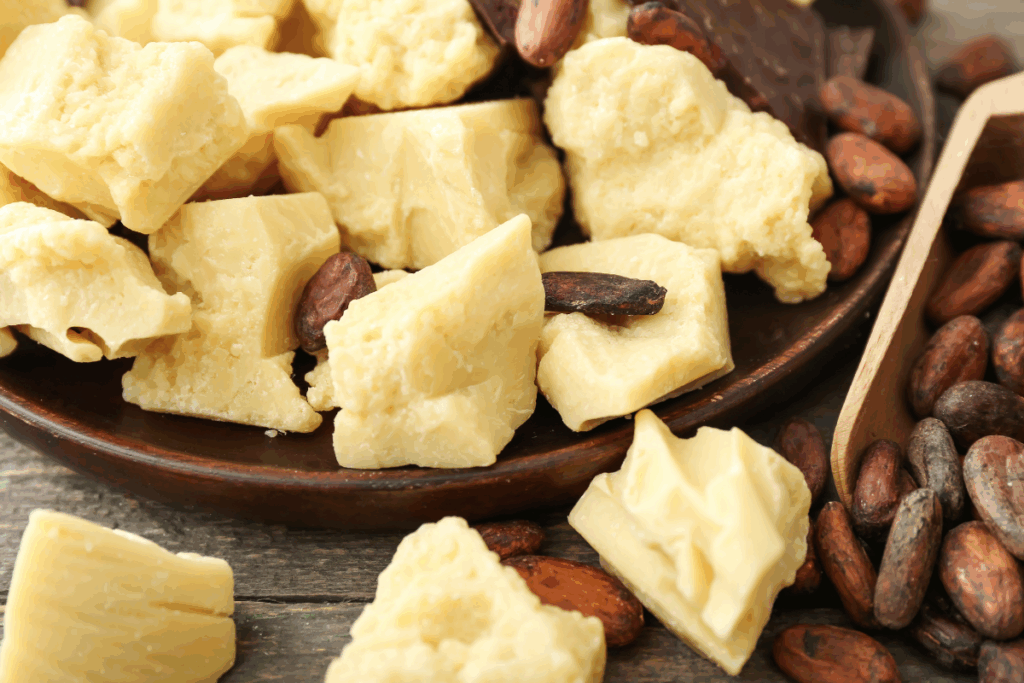
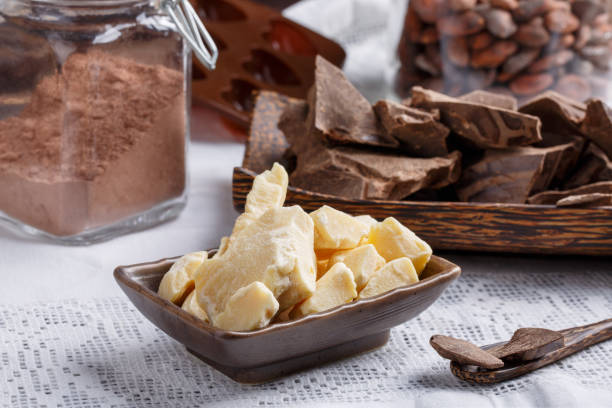

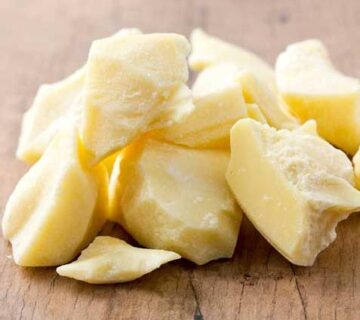
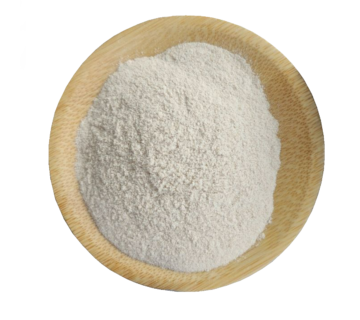
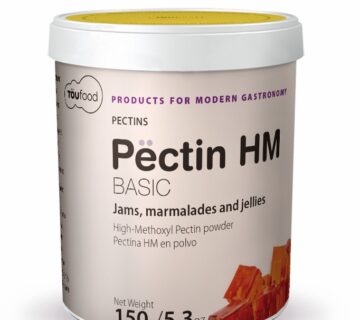
No comment